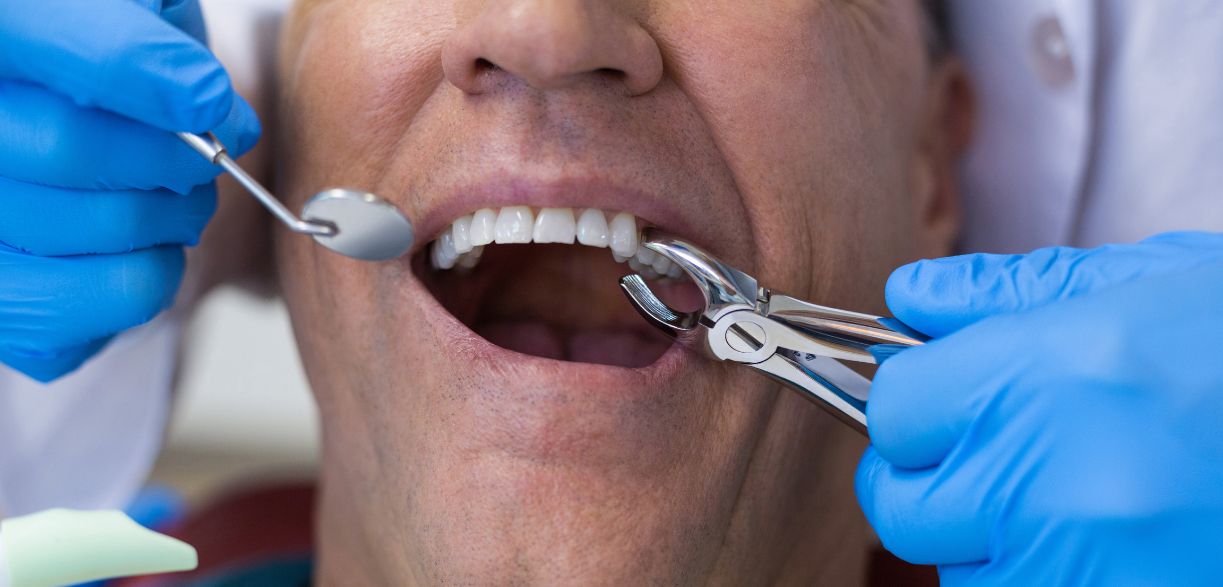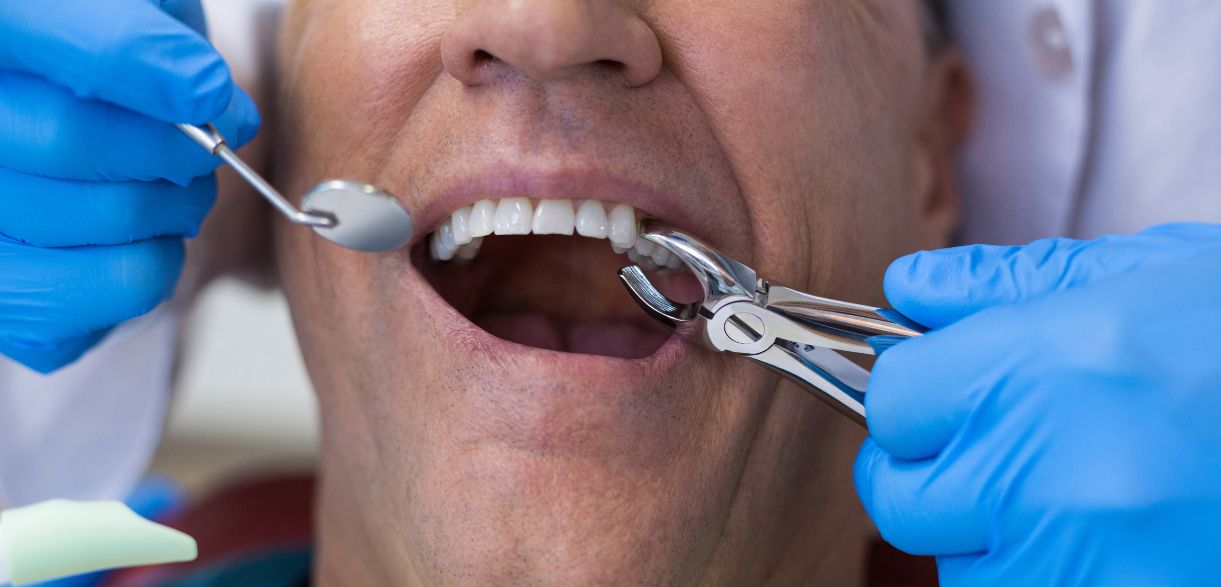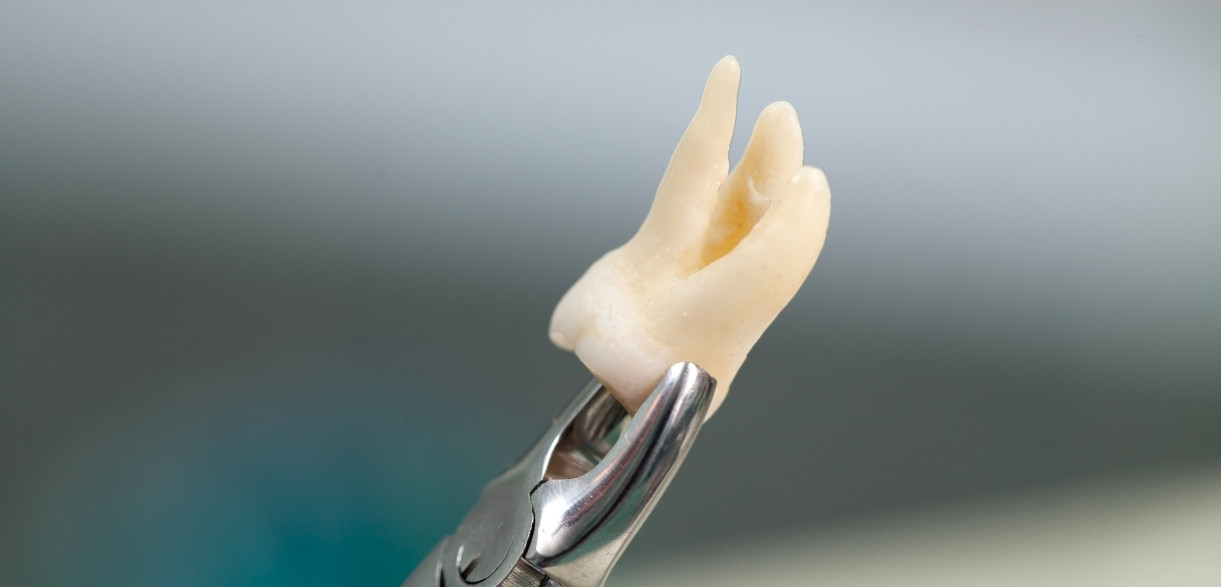
Getting a tooth pulled is never fun. Whether it’s a wisdom tooth or another molar, recovery often comes with some pain and swelling. But what surprises many people is ear pain after tooth extraction. If you’re wondering, “Is this normal?” — you’re not alone.
The good news? It often is. Let’s break down why this happens, when it’s okay, and when it’s time to call a dentist.
Why Does My Ear Hurt After a Tooth Extraction?
Your teeth, jaws, and ears are all connected. The nerves in your face and mouth are very close to one another, and sometimes your brain has a hard time telling where the pain is really coming from.
Here are the most common reasons why your ear might hurt after a tooth extraction:
1. Referred Pain
This means pain in one area (like your jaw) feels like it’s coming from another (like your ear). After an extraction, especially of a lower molar, the jaw muscles can ache—and that ache can radiate toward your ear.
2. Swelling or Inflammation
After a tooth is removed, it’s normal for the nearby tissue to swell a bit. This can put pressure on surrounding nerves, which may make your ear feel sore or full.
3. TMJ Strain
Your temporomandibular joint (TMJ) connects your jaw to your skull—right near your ears. After surgery, you might clench your jaw without realizing it. That strain can cause pain near your ears.
According to the American Dental Association, nearly 5 million people in the U.S. get wisdom teeth removed every year—and mild ear pain is a common side effect in many of those cases.
Here’s What You Can Do To Feel Better
If your ear pain is mild and started after your tooth extraction in Frisco, it will likely go away in a few days. But in the meantime, here are some things you can do to ease the discomfort:
- Apply a cold compress on your jaw near the sore area.
- Take pain relievers like ibuprofen (as directed).
- Avoid chewing on the sore side for a few days.
- Rest your jaw—avoid talking a lot or opening wide.
- Sleep with your head elevated to reduce swelling.
Also, keep up with the aftercare instructions the dentist gave you. This helps prevent complications like dry socket, which can make pain worse.
When Should You Worry?
Most ear pain after tooth extraction is harmless and temporary. But there are some red flags to watch for:
- Pain that gets worse after 3 days
- Bad breath or taste in your mouth
- Fever or swollen lymph nodes
- Hearing changes or drainage from the ear
- Intense throbbing pain that doesn’t go away
These symptoms might mean you have an infection, dry socket, or another issue. In that case, don’t wait—call a dentist or oral surgeon right away.
Can Removing a Tooth Cause an Ear Infection?
Not directly. Tooth extraction doesn’t usually lead to ear infections. But if bacteria enter the empty socket and cause an infection, it can lead to pain that feels like it’s in your ear. That’s why following post-op care instructions is super important.
How Long Will It Last?
For most people, ear pain after tooth extraction fades within a few days to a week. If you’re healing normally, you’ll likely feel better day by day. But if something feels off, trust your instincts and check in with our dentist.
Ear Pain Is Common—But Keep an Eye on It
Yes, it’s normal to have ear pain after tooth extraction, especially if a lower molar was removed. It’s usually due to referred pain, jaw tension, or minor swelling. Most of the time, it gets better with rest, ice, and gentle care.
But if the pain feels sharp, worsens over time, or comes with other symptoms, don’t play the guessing game—reach out to your dental team. They’ll help get you back on the road to healing fast and smooth.




